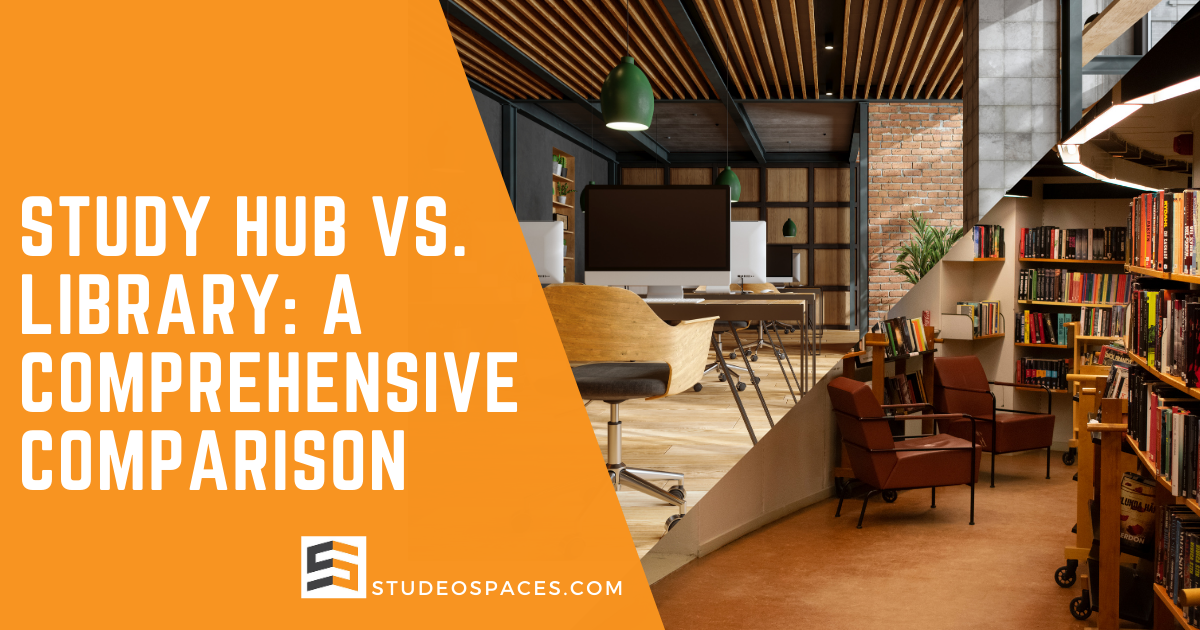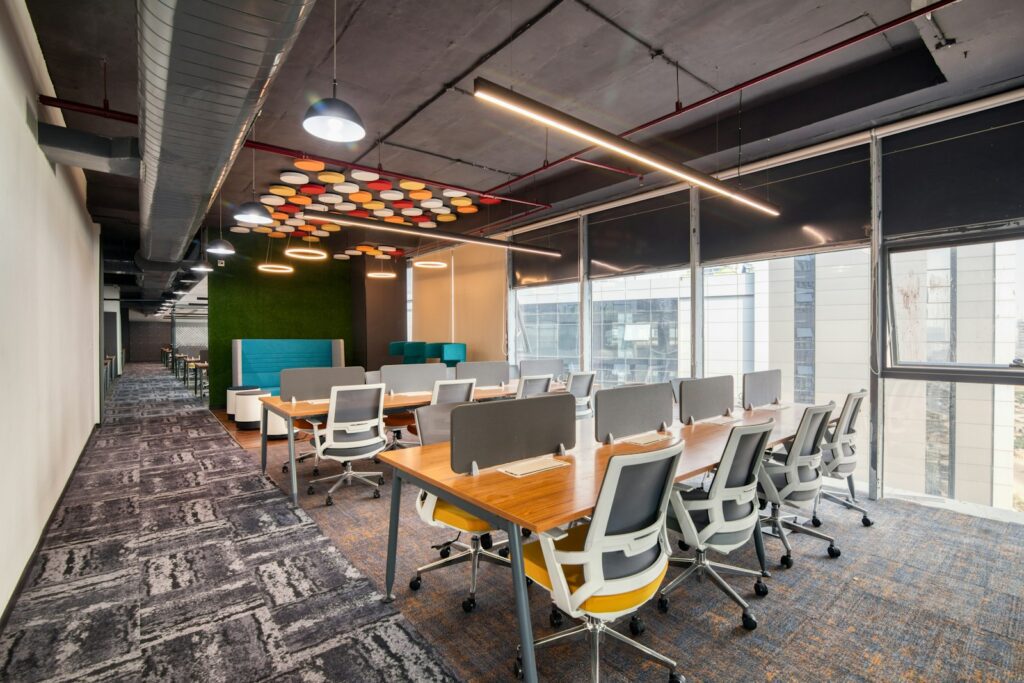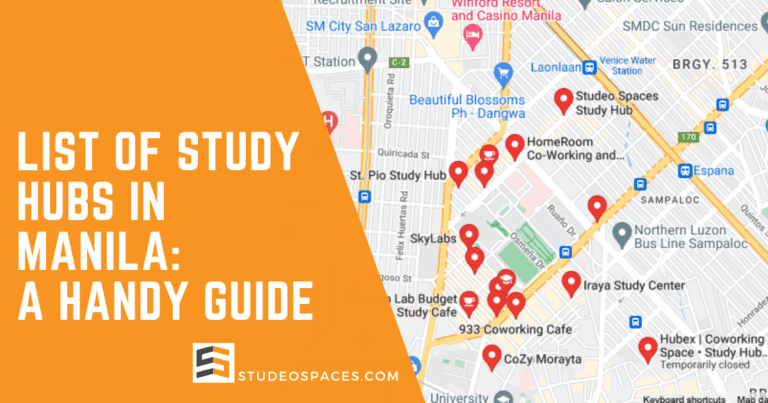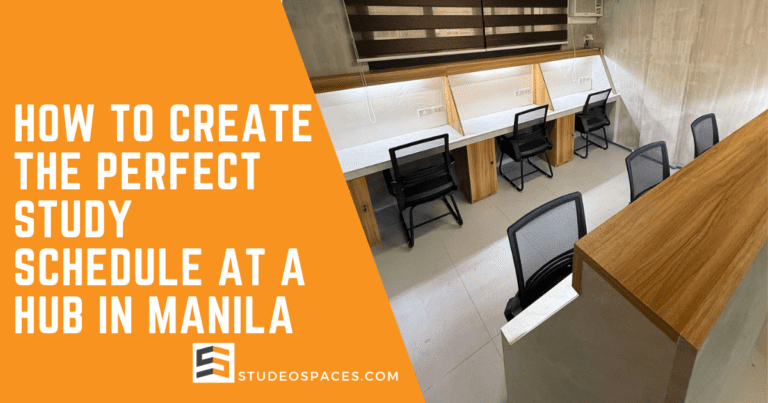
In this article “Study Hub vs. Library: A Comprehensive Comparison,” the various attributes of modern study hubs and traditional libraries are meticulously examined. It explores both environments’ essential features, advantages, and limitations, providing a detailed analysis to help students and professionals make informed decisions about their preferred study spaces. By evaluating factors such as accessibility, technological integration, ambiance, and resource availability, the article offers a holistic view of how each setting supports learning and productivity.
This comprehensive comparison aims to illuminate the evolving landscape of study environments in today’s increasingly digital world. Have you ever wondered whether a study hub or a library is better suited for your academic needs? The decision between utilizing a study hub or a library for research and studying can significantly impact one’s productivity, comfort, and overall academic performance.
Study Hub Vs. Library: A Comprehensive Comparison
Both study hubs and libraries have unique advantages and potential drawbacks. This article will explore various aspects of each to help individuals make an informed decision.

Overview of Study Hubs
A study hub is often a modern, dedicated space specifically designed for studying. These hubs are frequently located near educational institutions and cater primarily to students.
Amenities and Infrastructure
Study hubs are typically equipped with cutting-edge technology and modern amenities such as high-speed internet, ergonomic furniture, and contemporary lighting fixtures. Moreover, many study hubs are open 24/7, allowing students to choose study times that best fit their schedules.
| Feature | Study Hub |
|---|---|
| Operating Hours | Longer hours, with 24/7 availability in many cases |
| Technology | High-speed internet, modern gadgets |
| Furniture | Ergonomic desks and chairs |
| Comfort Level | High, with amenities designed for long hours |
| Atmosphere | Modern and student-centric |
Overview of Libraries
Libraries, on the other hand, are traditional learning environments that have existed for centuries. They serve a broad spectrum of patrons, from students to researchers to general readers.

Classical Appeal and Resources
Libraries often possess extensive books, journals, and digital resources. Despite their traditional setting, many libraries have also incorporated modern technologies like e-books and online databases. Libraries provide a quiet, focused environment ideal for intensive study and research.
| Feature | Library |
|---|---|
| Operating Hours | Generally fixed, with limited late hours |
| Technology | Access to digital resources, computers |
| Furniture | Traditional desks, often less ergonomic |
| Comfort Level | Moderately comfortable for short to moderate stays |
| Atmosphere | Quiet, scholarly, and inclusive of all ages |
Accessibility and Convenience
Location and Proximity
Proximity to educational institutions is a significant factor when choosing between a study hub and a library. Study hubs are often strategically located near colleges and universities, making them easily accessible for students. Libraries, however, can be found in city centers, neighborhoods, and educational campuses.
| Aspect | Study Hub | Library |
|---|---|---|
| Proximity to Institutions | Frequently near educational institutions | Varied, including city centers and campuses |
| Transportation | Generally easily accessible by public transit | Mixed, depending on location |
Membership and Fees
Many study hubs operate on a membership basis, requiring an access fee. Libraries are often publicly funded and open to the community at no cost, although certain services may require membership or nominal fees.
| Aspect | Study Hub | Library |
|---|---|---|
| Membership Fees | Typically requires paid membership | Generally free, with some fee-based services |
| Accessibility | Members only; many with no membership requirements | Open to the public |
Study Environment
Noise Levels
The noise levels at study hubs and libraries can significantly impact one’s ability to focus. Study hubs are designed to accommodate solo and group study sessions, often incorporating designated quiet areas and collaborative zones. Libraries are typically associated with maintaining a quiet atmosphere to ensure a conducive learning environment.
| Aspect | Study Hub | Library |
|---|---|---|
| Noise Levels | Varies, with designated quiet areas | Generally very quiet |
| Collaboration Zones | Available, often with group study areas | Limited, quiet rules enforced |
Availability of Resources
Books and Digital Resources
Libraries generally have expansive books, periodicals, and digital resources. Many large libraries subscribe to academic journals and databases, providing patrons with comprehensive research materials. Study hubs, however, are more focused on providing a conducive study environment rather than an extensive collection of resources.
| Aspect | Study Hub | Library |
|---|---|---|
| Physical Books | Limited collection, if at all | Extensive collection |
| Depending on the hub, generally limited | Depends on the hub, generally limited | Access to numerous digital databases |
Technological Integration
Internet Access and Gadgets
One of the standout features of modern study hubs is their technological integration. Many study hubs pride themselves on offering high-speed internet, charging stations, and the latest gadgets to support students’ educational needs. Libraries have also adapted by providing internet access and digital services, although the extent of technological integration may vary widely.
| Aspect | Study Hub | Library |
|---|---|---|
| Internet Access | High-speed internet typically available | Generally available, varying speeds |
| Technological Gadgets | Mostly bring your own, unless provided | Limited in comparison |
Software and Tools
Many study hubs offer access to specialized software and educational tools to aid learning and productivity. Libraries may provide similar tools but are often constrained by budget and may not have the latest software updates.
| Aspect | Study Hub | Library |
|---|---|---|
| Software and Tools | Modern educational tools and apps | Basic productivity software, some educational tools |
Social Interaction and Networking
Community and Networking Opportunities
Study hubs often provide a vibrant community atmosphere where students can interact, share ideas, and collaborate on projects. Networking opportunities are frequently enhanced through various events and group study sessions. Conversely, libraries are known for their more reserved ambiance, providing fewer opportunities for social interaction and networking.
| Aspect | Study Hub | Library |
|---|---|---|
| Social Interaction | High, collaborative environment | Low, quiet environment |
| Networking Opportunities | Frequent events and group activities | Limited, occasionally hosted events |
Personal and Group Study
Solo Versus Group Study
The environment in study hubs is usually more flexible to accommodate both solo and group study sessions. Designated areas for group discussions and quiet zones for individual focus are common. Whilst excellent for solitary study, libraries may have fewer provisions for group study and collaborative work.
| Aspect | Study Hub | Library |
|---|---|---|
| Solo Study Zones | Available, with designated quiet areas | Predominantly quiet zones for solo study |
| Group Study Rooms | Available | Limited, often booked in advance |
Cost-Effectiveness
Affordability and Value
When deciding between a study hub and a library, cost-effectiveness is crucial. With their modern amenities and services, study hubs typically charge minimal fees that can add up over time. Libraries, being public institutions in many cases, provide free access to books and resources, making them a cost-effective choice for many students.
| Aspect | Study Hub | Library |
|---|---|---|
| Membership Cost | Usually required, can be costly | Free access, some fees for special services |
| Overall Value | High, considering the amenities | Very high, due to free resources |
Flexibility and Adaptability
Operating Hours
Operating hours can significantly impact the ability to study, especially for students with irregular schedules. Many study hubs offer long hours, sometimes 24/7, to accommodate all schedules. Libraries, however, typically operate during standard hours and may have limited access during weekends and holidays.
| Aspect | Study Hub | Library |
|---|---|---|
| Operating Hours | 24/7 availability often | Standard hours, limited late-night access |
Adaptability to Student Needs
Study hubs are generally designed with students’ specific needs in mind, offering an adaptable environment that can host a variety of educational activities. Libraries are more traditional and may not be as adaptable to unconventional study methods.
| Aspect | Study Hub | Library |
|---|---|---|
| Adaptability | High, designed for diverse learning needs | Moderate, more traditional environment |
Health and Wellness
Ergonomics
Ergonomics is crucial in maintaining health and wellness during long study hours. Study hubs usually offer ergonomic furniture for extended use, contributing to better posture and reduced strain. Libraries may have traditional, less ergonomic furniture, which might not be suitable for long-term use.
| Aspect | Study Hub | Library |
|---|---|---|
| Furniture Ergonomics | High, ergonomic designs | Moderate, traditional designs |
Lighting and Ventilation
Proper lighting and ventilation are essential for creating a conducive study environment. Study hubs often incorporate modern lighting solutions and efficient ventilation systems. Depending on their age and funding, libraries may not always meet these standards.
| Aspect | Study Hub | Library |
|---|---|---|
| Lighting | Modern, adjustable lighting | Varied, often traditional lighting |
| Ventilation | Efficient, designed for comfort | Varied, depending on infrastructure |
Conclusion
In conclusion, study hubs and libraries offer unique advantages tailored to different needs. Study hubs provide a modern, flexible environment with the latest technology and amenities, making them ideal for tech-savvy students with varied study habits. Libraries, with their extensive collections and quiet, scholarly atmosphere, are a traditional bastion of knowledge and study, ideal for focused, resource-intensive research.
Choosing between a study hub and a library depends largely on individual preferences, study habits, and specific academic requirements. Understanding the strengths and limitations of each can empower students and researchers to make an informed choice that best supports their academic journey.
Please check out the Studeo Spaces Study Hub Official Website and follow the Studeo Spaces Study Hub Facebook Page and Studeo Spaces Study Hub TikTok Channel for announcements, news, and updates.
Frequently Asked Questions About Study Hub Vs. Library
What are the primary differences between a study hub and a library?
Study hubs are modern, often tech-focused spaces designed primarily for students, featuring amenities like high-speed internet, ergonomic furniture, and 24/7 access in many cases. Libraries are traditional learning environments with extensive collections of books and research materials, catering to a broader audience with a quieter, more scholarly atmosphere, typically with fixed operating hours.
How do the technology offerings compare between study hubs and libraries?
Study hubs prioritize technological integration, typically offering high-speed internet, charging stations, and sometimes specialized software or tools. Libraries provide internet access and digital resources, but the level of technology offered can vary widely, often lagging behind study hubs in terms of cutting-edge gadgets and software.
What kind of environment does each space offer in terms of noise levels and collaboration?
Study hubs are designed to be more flexible, accommodating both solo study and group work with designated quiet zones and collaboration areas. Libraries maintain a very quiet atmosphere, primarily supporting individual study, and typically have limited space for group collaboration.
How does the accessibility and cost of study hubs and libraries differ?
Study hubs frequently operate on a membership basis, requiring fees, and are often strategically located near educational institutions. Libraries are generally publicly funded and free to access, though some may have fees for specific services, and are found in diverse locations, including city centers, neighborhoods, and campuses.
What types of resources are available in each setting?
Libraries are known for their extensive collections of physical books, journals, and digital databases, offering a wide range of research materials. Study hubs, in contrast, focus on providing a comfortable and technologically equipped study environment, with limited collections of physical resources, if any at all. They may instead offer access to online educational tools.
What about social interaction – which space is better for networking?
Study hubs foster a more social atmosphere, facilitating interaction, collaboration, and networking through group study sessions and events. Libraries are more reserved, offering limited opportunities for social interaction and networking, focusing on a quiet environment conducive to focused, individual study.
What are the considerations regarding health and wellness when choosing between a study hub and a library?
Study hubs often provide ergonomic furniture, modern lighting, and efficient ventilation systems, supporting health and well-being during long study sessions. Libraries may have more traditional furniture, which may be less ergonomic, and the quality of lighting and ventilation can vary depending on their age and funding.
Which space is more flexible and adaptable to varied student needs and schedules?
Study hubs are generally more adaptable to diverse learning styles and offer greater flexibility with operating hours, often including 24/7 availability, aligning better with the irregular schedules of many students. Libraries have a more traditional environment and typically have standard operating hours, with limited evening or weekend availability.
Studeo Spaces Quick Links
- Book a Desk / Room
- Location
- Rates
- Features and Amenities
- Business Hours
- Private Rooms
- Latest News
Stay Connected
- Facebook: https://www.facebook.com/StudeoSpaces
- Tiktok: https://www.tiktok.com/@studeospaces
- Youtube: https://www.youtube.com/@StudeoSpaces












